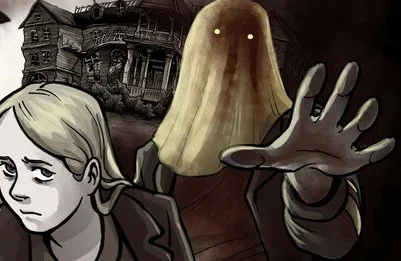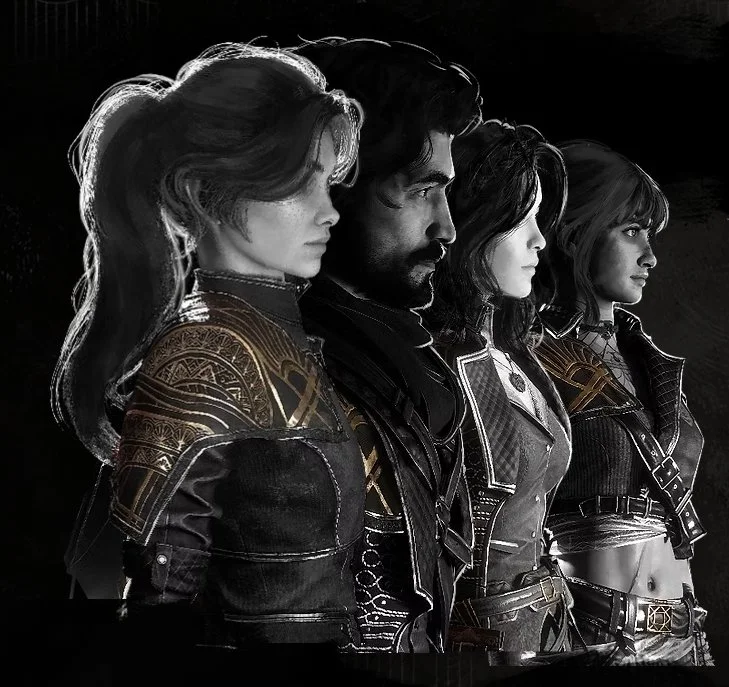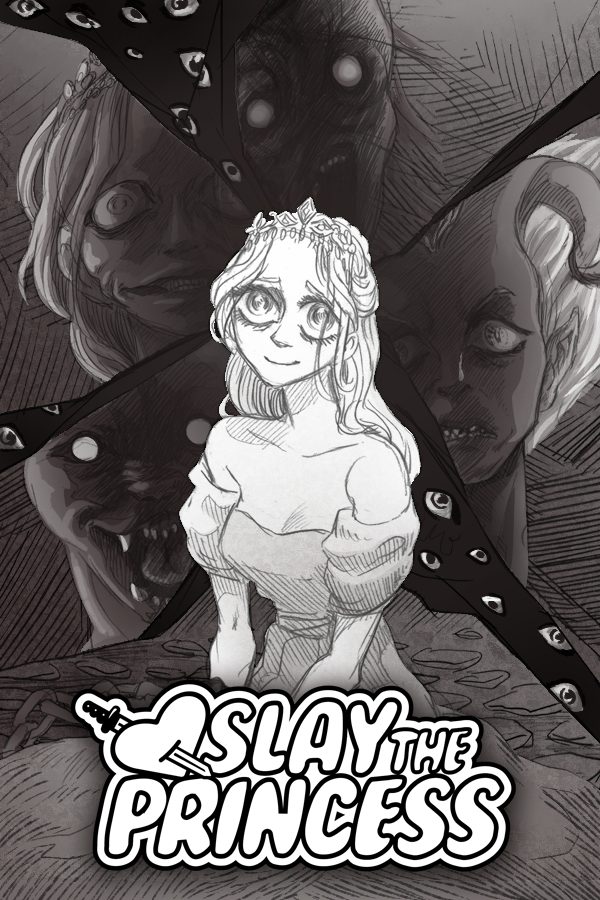Ethical In-Game Purchases: A Case Study of Gwent
In-game purchases have become a significant revenue stream for the video game industry, offering players the opportunity to enhance their gaming experience through the acquisition of virtual goods. However, the ethics of in-game purchases have been widely debated, particularly concerning issues such as pay-to-win mechanics, loot boxes, and microtransactions. Gwent, a digital collectible card game developed by CD Projekt Red, provides an exemplary model of how in-game purchases can be handled respectfully and ethically. This article explores the mechanisms and strategies used by Gwent to ensure fair and respectful in-game purchasing, supported by peer-reviewed research on ethical game design and consumer behaviour.
Transparency and Fairness
Clear Communication of Costs and Benefits
One of the cornerstones of ethical in-game purchases is transparency. Gwent excels in providing clear information about the costs and benefits of its virtual goods. According to Hamari and Keronen (2017), transparency in virtual good pricing and functionality is crucial for maintaining player trust and satisfaction. Gwent's in-game store clearly displays the prices of card packs and cosmetics, along with detailed descriptions of what players can expect from their purchases. This transparency ensures that players make informed decisions, reducing the likelihood of feeling deceived or exploited.
Avoidance of Pay-to-Win Mechanics
Gwent adheres to a fair play principle by avoiding pay-to-win mechanics, where players can purchase powerful items that provide a competitive edge. Instead, Gwent emphasizes skill and strategy over financial investment. Players can earn all cards through gameplay, and purchased card packs do not guarantee powerful or rare cards, maintaining a balanced playing field. Research by King and Delfabbro (2018) highlights that games which prioritize fair competition and skill over monetary expenditure tend to foster healthier gaming communities and greater player satisfaction.
Ethical Microtransaction Practices
Reasonable Pricing and Value
Pricing strategy plays a pivotal role in the ethical handling of in-game purchases. Gwent offers microtransactions at reasonable prices, ensuring that virtual goods provide good value for money. A study by Lehdonvirta (2009) found that players are more likely to perceive in-game purchases as fair when prices are aligned with the perceived value and utility of the virtual goods. Gwent's approach to pricing balances affordability with value, enhancing player satisfaction and reducing potential financial exploitation.
Non-Intrusive Monetization
Gwent’s monetization strategy is designed to be non-intrusive, allowing players to enjoy the game without constant reminders to make purchases. This approach contrasts with aggressive monetization tactics seen in some other games, which can lead to negative player experiences and perceptions of the game as being exploitative (Zendle & Cairns, 2019). Gwent integrates its in-game store seamlessly, providing optional purchases without disrupting gameplay or pressuring players to spend money.
Player Agency and Engagement
Rewarding Gameplay and Progression
Gwent rewards players for their time and effort through its progression system, which allows players to earn in-game currency and card packs by completing challenges and participating in events. This system respects players' time and investment, offering meaningful rewards without necessitating additional purchases. According to Przybylski et al. (2010), intrinsic motivation and the satisfaction derived from achievement are critical for player engagement and retention. Gwent’s rewarding gameplay loop encourages continued play and fosters a sense of accomplishment.
Ethical Design and Player Autonomy
Respect for player autonomy is a fundamental aspect of ethical game design. Gwent empowers players by providing choices and respecting their decisions regarding in-game purchases. Players can opt to spend money or invest time to acquire the same content, ensuring that the game is accessible to both paying and non-paying players. This respect for player autonomy aligns with Deci and Ryan’s (2000) Self-Determination Theory, which emphasizes the importance of autonomy, competence, and relatedness in fostering intrinsic motivation and psychological well-being.
Simply Put
Gwent’s approach to in-game purchases exemplifies how ethical design principles can be applied to create a fair, transparent, and respectful gaming experience. By prioritizing transparency, avoiding pay-to-win mechanics, ensuring reasonable pricing, and respecting player autonomy, Gwent provides a model for ethical monetization in the gaming industry. As the debate around in-game purchases continues, Gwent serves as a reminder that it is possible to balance profitability with player satisfaction and ethical considerations.








